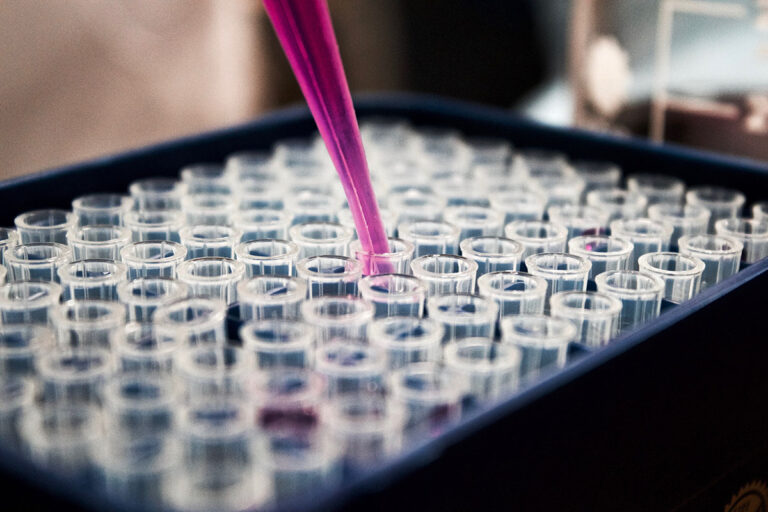As COVID-19 case numbers have surged alongside the Omicron variant, increased demand for accessible testing has also resulted in a dramatic price increase for Rapid Antigen Tests (RATs) across the country. This price increase, along with other conduct such as the unauthorised repackaging of RATs, has resulted in greater scrutiny from authorities.
Comments and Actions from the ACCC
The ACCC has received a high volume of complaints related to the sale of RATs within the country, with 47% of those complaints being attributed to pharmacies.
It is worth noting that businesses and retailers must:
- Be able to provide substantive reasoning for any increases in their RAT pricing;
- Not make false or misleading claims about their reasons for higher pricing; and
- Not collude with their competitors in setting their prices.
We have set out guidance on the relevant legislation and current investigations taking place below.
Biosecurity (Human Biosecurity Emergency) (Human Coronavirus with Pandemic Potential) (COVID‑19 Rapid Antigen Tests) Determination 2022
On 7 January 2022, the health minister made the Biosecurity (Human Biosecurity Emergency) (Human Coronavirus with Pandemic Potential) (COVID‑19 Rapid Antigen Tests) Determination 2022 (the Determination), prohibiting “price-gouging” in relation to the sale of RATs by people who had purchased them in a retail transaction.
Consequently, it is an offence under the Determination for a person to resell a RAT for more than 120% of the initial purchase price that they paid. Penalties for failing to comply with the Determination include five years imprisonment, fines of $66,000, or both.
Australian Consumer Law
The ACCC has reported several issues surrounding the current RAT pricing situation and has flagged a number of ways in which these issues may constitute breaches of the Australian Consumer Law (ACL). They include:
- Unconscionable Conduct
- Charging excessive prices for essential goods without cause may be deemed unconscionable conduct under the s21 of the ACL.
- Receipts
- There have been reports of retailers refusing to provide receipts in relation to the sale of RATs.
- Failure to provide a receipt for the purchase of a RAT may be a breach of Division 4 of the ACL.
- The ACL requires that if the transaction is over $75, or if the consumer requests a receipt or proof of transaction, the retailer must provide such proof within seven days of the transaction.
Actions from the Therapeutic Goods Administration (TGA)
The TGA has directed that any business or individual that is repackaging or relabelling a RAT must ensure that:
- They are authorised to do so by the manufacturer;
- They have a formal quality agreement in place with the manufacturer; and
- The packaging and labelling steps are carried out in a secure and controlled environment in accordance with the manufacturers documented procedures.
Any failure to comply with the above requirements, or any provision of a RAT without supplying appropriate instructions, may be considered to be a breach of the Therapeutic Goods Act 1989 and may result in action being taken by the TGA or any other relevant body.
Considering the sharp focus now being placed on businesses and retailers selling RATs, the best course of action for any such business is to be well informed and aware of their obligations in relation to these issues. For more information or advice, please get in touch with our pharmacy team.











